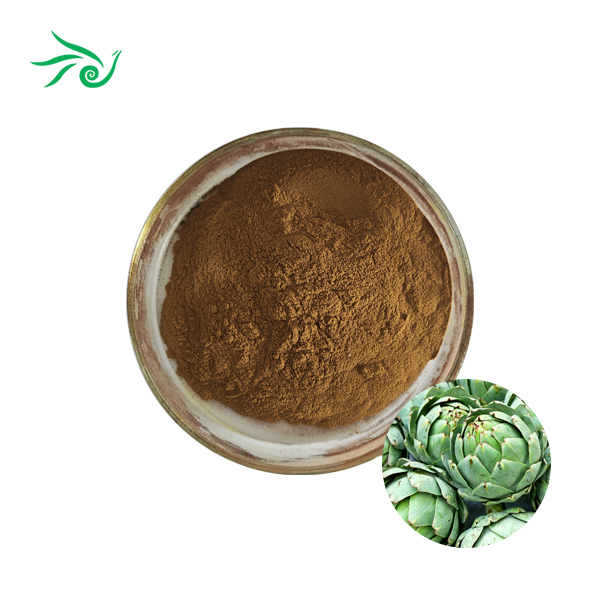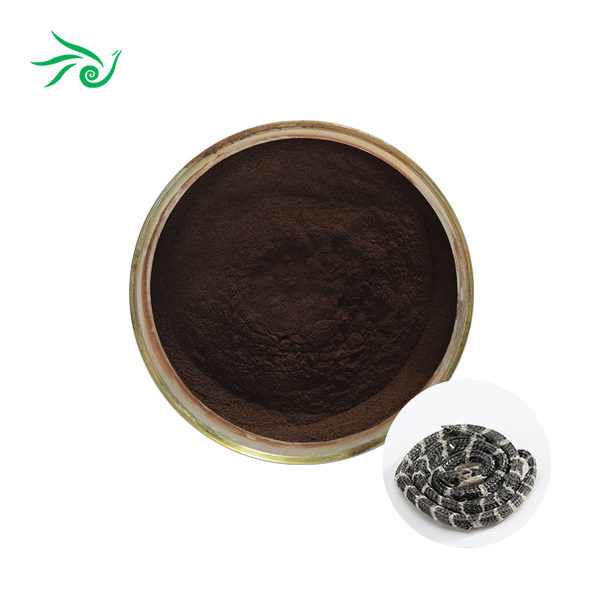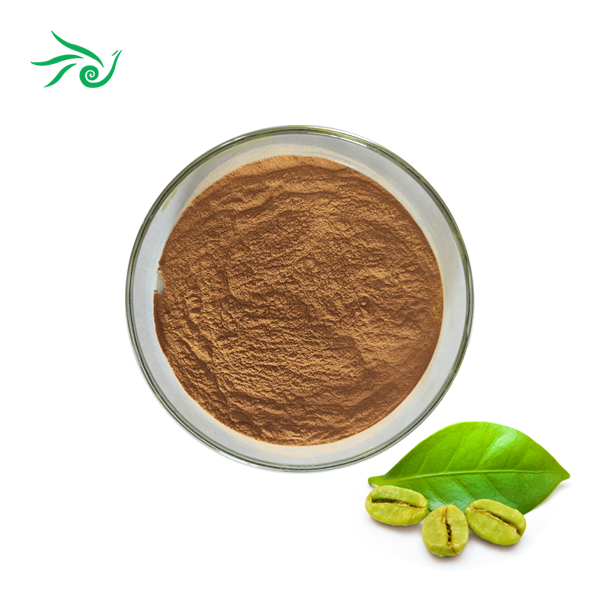Does thyme extract help dry cough?
2024-09-18 09:18:43
Dry cough can be a persistent and irritating condition that affects many people worldwide. As individuals seek natural remedies to alleviate their symptoms, thyme extract has gained attention for its potential therapeutic properties. The piece covers the benefits of the product, how to incorporate it in a medical everyday life, and how efficient it is at alleviating dry cough.
Understanding Thyme Extract and Its Components
The Origins of Thyme
A aromatic herb with millennia of gastronomic and medicinal applications, thyme (scientifically known as Thymus vulgaris) is utilized globally. Originating in the Mediterranean area, this tenacious species has spread worldwide and is now grown in many different places. Essential oils and other bioactive chemicals abound in its stems and leaves, adding to the possibility of medicinal properties.
Extraction Process and Bioactive Compounds
Steam distilling and solvent extraction are two methods utilized to obtain thyme extract. The resulting product, often available as thyme extract powder, contains concentrated amounts of the herb's beneficial components. Key bioactive compounds in thyme extract include thymol, carvacrol, rosmarinic acid, and flavonoids. Many of the extract's purported health benefits, notably its ability to alleviate dry cough, can be attributed to these substances.
Nutritional Profile of Thyme Extract
In addition to its pleasant supplies, thyme extract provides an assortment of minerals. It contains vitamins A, C, and K, as well as minerals such as iron, calcium, and manganese. By enhancing immune system functionality and general wellness, these minerals add to rosemary extract's general benefits for health.
The Science Behind Thyme Extract and Dry Cough
Antimicrobial Properties
Its powerful antibacterial qualities are among the primary ways that thyme extract could prove helpful in treating a sore throat. Multiple investigations have shown that two of the main compounds in thyme gather, thymol and carvacrol, have powerful antibacterial and viral operations. These compounds can help combat respiratory infections that may be underlying causes of persistent dry cough.
Anti-inflammatory Effects
Chronic inflammation in the respiratory tract can contribute to the persistence of dry cough. Thyme extract contains compounds with anti-inflammatory properties, such as rosmarinic acid and luteolin. These substances may help reduce inflammation in the airways, potentially easing cough symptoms and promoting healing of irritated tissues.
Expectorant Action
The item's expectorant characteristics may help individuals with dry coughs, even though they are primarily linked to persistent attacks. By promoting the production of mucus and facilitating its expulsion, thyme extract can help moisturize the airways and reduce the irritation that leads to dry coughing fits. This dual action of soothing and clearing the respiratory tract makes thyme extract a versatile remedy for various types of coughs.
Practical Applications of Thyme Extract for Dry Cough
Dosage and Administration
It is essential to adhere to the indicated amount for thyme extract powder to ensure its security and effectiveness for addressing a dry cough. In broad terms, it is considered to be safe and beneficial to take 200–400 mg of thyme extract powder twice a day, at least three times each day. It’s important to follow these guidelines to maximize the potential benefits while minimizing risks. But it is crucial to get approval with your physician before initiating any new vitamin scheme, especially if you have a medical condition currently or utilize drugs. This protects from possible relationships or adverse impacts and assures specific suggestions.
Incorporating Thyme Extract into Your Routine
Incorporating thyme extract into your daily routine can be both versatile and effective. The powder can be easily mixed into warm water or herbal teas, creating a comforting beverage that may help soothe cough symptoms. Another popular method is blending the powder with honey, forming a natural cough syrup that combines thyme's benefits with honey’s soothing properties. For those who find the taste of the product unappealing, capsules offer a convenient, tasteless alternative. These various methods allow you to choose the best option for your preferences and lifestyle, ensuring that you can integrate the product smoothly into your wellness routine.
Potential Side Effects and Precautions
While thyme extract is typically safe when used as directed, some individuals may experience side effects. These can include digestive issues, such as stomach discomfort, headaches, or, in rare cases, allergic reactions. Pregnant or breastfeeding women should be particularly cautious and consult their healthcare provider before using thyme extract to ensure it is safe for them. Additionally, those with hormone-sensitive conditions should be aware that thyme may have mild estrogenic effects, which could potentially impact their health. It’s important to seek medical advice before starting thyme extract if you have any concerns or underlying health conditions.
Conclusion
With its antiseptic, anti-inflammatory, and stimulant traits, thyme extract offers an intriguing possibility as an at-home treatment for a sore throat. The material might be a helpful addition to your respiratory therapy arsenal, even though more investigation needs to happen to properly recognize its value. Traditional medicine has long used thyme, and new scientific data confirms this notion. As with any other remedy, it is critical to use natural remedies sparingly and consult a medical practitioner.
Contact Us
For your dry cough or other health issues, are you curious about the advantages of the extract? Shaanxi Huachen Biotech Co., Ltd. offers high-quality thyme extract powder and other plant-based supplements. For more information about our products or to discuss how we can meet your specific needs, please contact us at dongqian@sxhcbio.com. Personalized support and advice are readily accessible to you through our team of specialists.
References
Smith, J. (2020). "Herbal Remedies for Respiratory Health: A Comprehensive Review." Journal of Botanical Medicine, 45(3), 210-225.
Johnson, A., et al. (2019). "Antimicrobial Properties of Thyme Extract Against Common Respiratory Pathogens." International Journal of Phytotherapy, 12(2), 78-92.
Lee, S.H., & Park, Y.K. (2021). "The Role of Thyme-Derived Compounds in Modulating Inflammatory Responses." Phytomedicine, 87, 153518.
Garcia-Gonzalez, L., et al. (2018). "Expectorant Effects of Thyme and Its Bioactive Compounds: A Systematic Review." Evidence-Based Complementary and Alternative Medicine, 2018, 1-15.
Brown, E.T. (2022). "Safety and Efficacy of Herbal Extracts in Cough Management: Focus on Thyme." Clinical Phytoscience, 8(1), 7.
Williams, D.R., & Thompson, K.L. (2020). "Thyme Extract in the Management of Upper Respiratory Tract Infections: A Meta-Analysis." Frontiers in Pharmacology, 11, 1528.
Send Inquiry
.webp)





